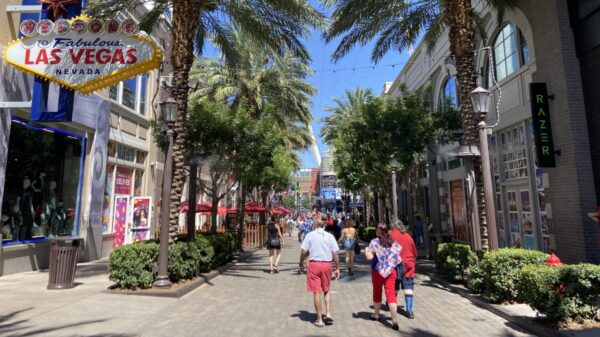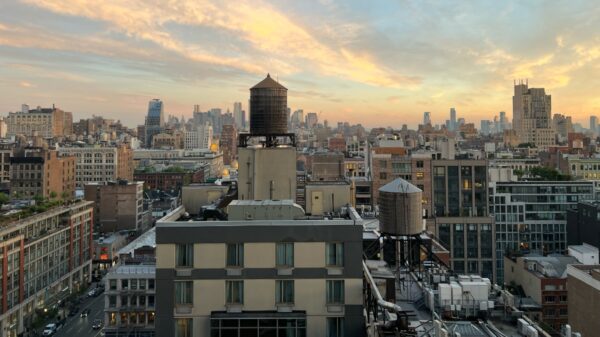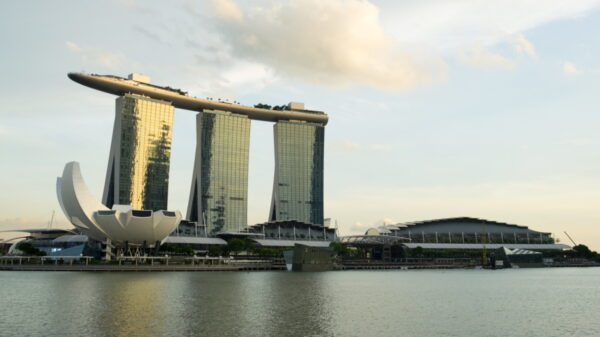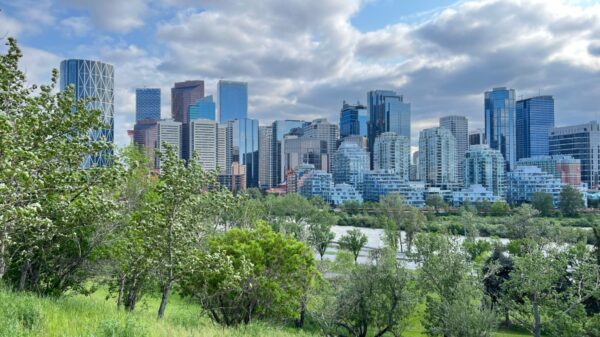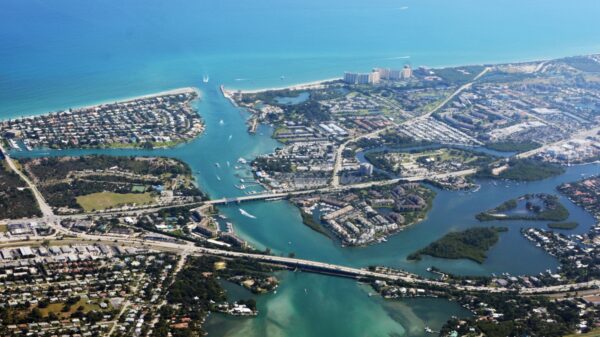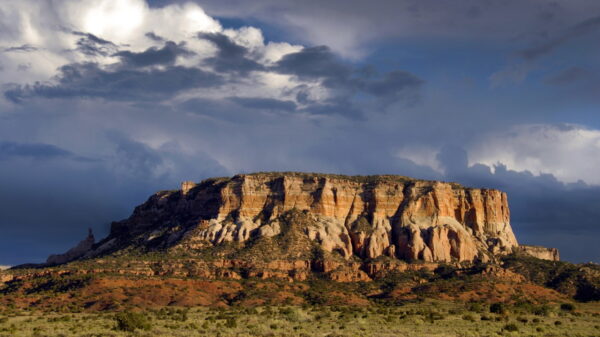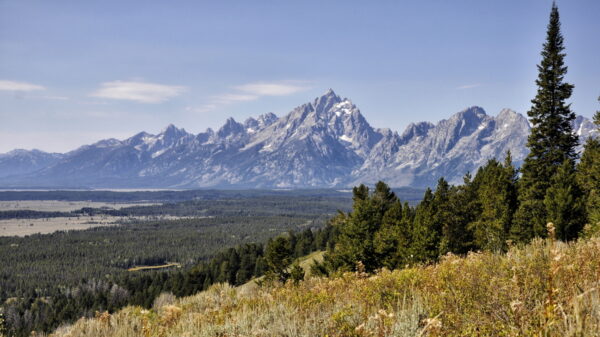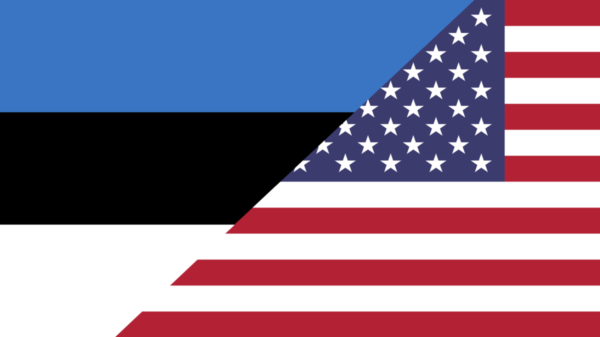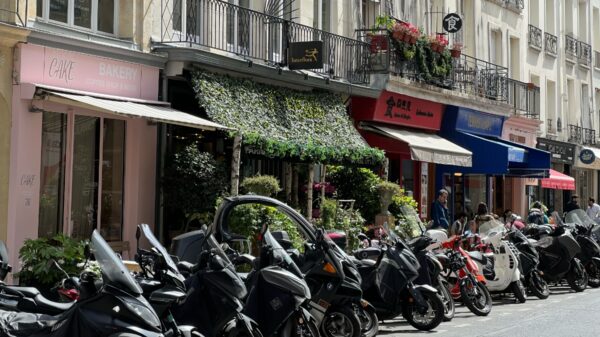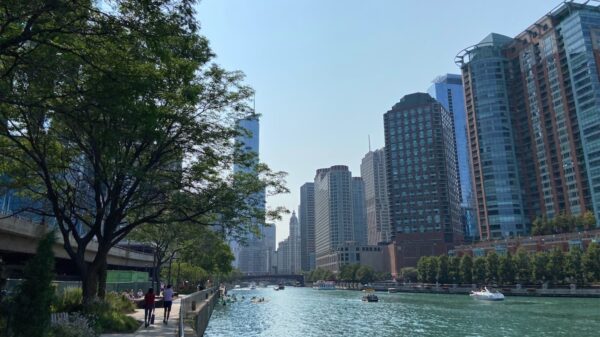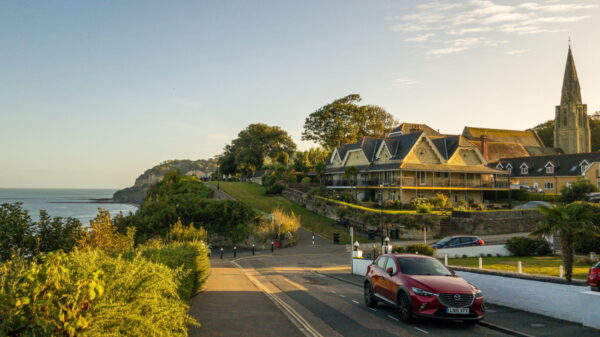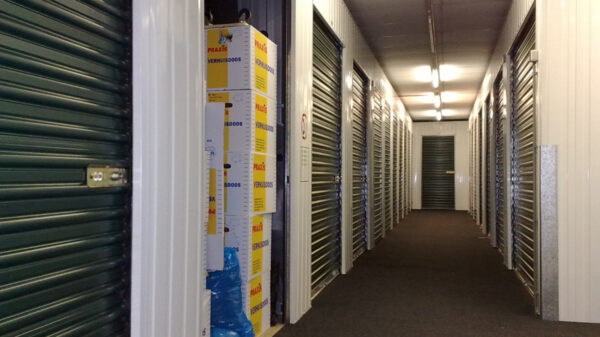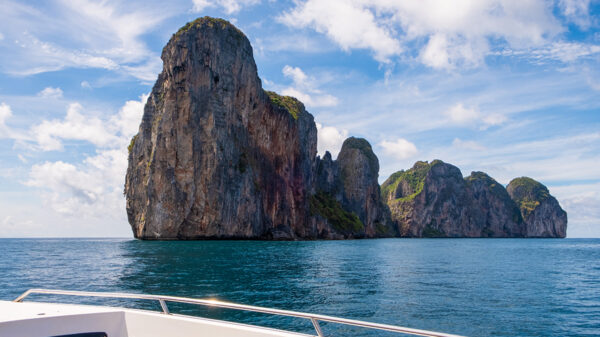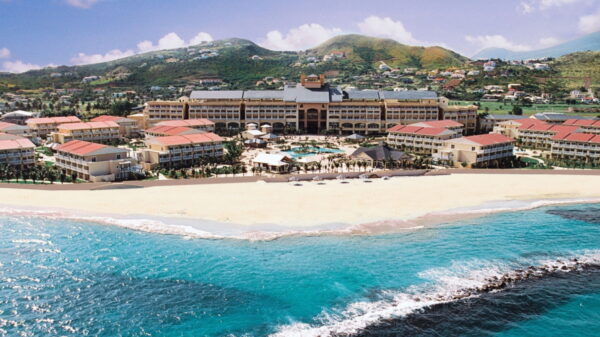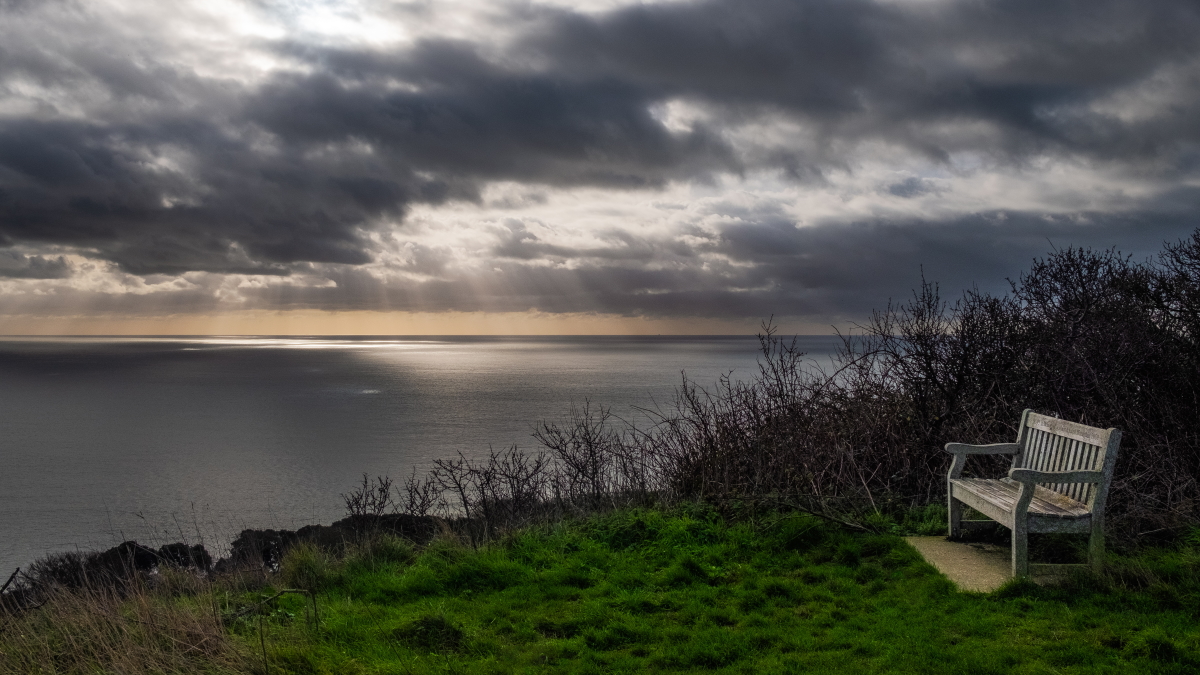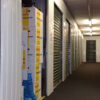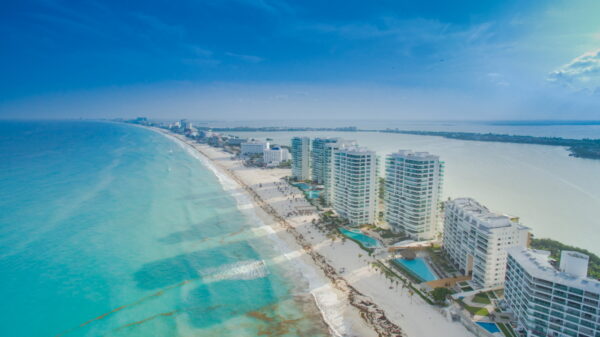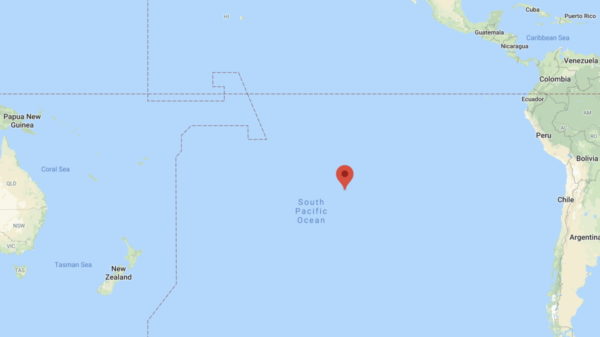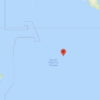Losing everything while traveling in a foreign country is something that even the most experienced travelers dread. Not only can it ruin your trip, it can also leave you stranded for a considerable amount of time and in the worst cases, can have serious long-term consequences (especially if identity theft is involved). In this post, I share my own strategy for dealing with this possibility.
First step: documentation
You have just realized that all your stuff is missing, even your passport. Panic is setting in and is preventing you from thinking rationally. This is a problem as the first few hours are the most crucial. You need to find somewhere safe where you can calm down and think rationally about the situation. If in a city, go to the nearest chain hotel and ask to use the business centre. I have used business centres in hundreds of hotels around the world and have rarely if ever been asked for my room number or some other proof that I am a guest. If you are unlucky and they ask, simply go to the next hotel. Why a hotel’s business centre? Because there you will have access to a computer, a printer and a phone. This will prove crucial for your next tasks.
Once you are comfortably installed in the business centre, take a deep breath and try to recall all the items you lost. Make a list and then make copies of that list. If a crime was involved, write down the details of what happened. It is important that you do that while your memories are still fresh.
Once your list is complete, pick up the phone and call the banks that issued the cards you lost. Every decent bank has a direct, reverse-charge number for such occasions. This number is usually printed on the reverse side of the card itself. If you have no scan of the card, Google image search “bank name + credit card”. There will usually be some scans in the results and in many cases, they will show the reverse-charge phone number. If you cannot find it this way, search your bank’s website for it. When you call, you should also notify the agent if your phone was lost so that they can disable two-factor authentication. After making those calls, get in touch with a family member or close friend to inform them of the situation and that you may soon need assistance.
Now that this has been taken care of, your next task will be to go to the nearest police station and have them file a report. If a crime was involved, notify them of that too. If you are in a country where there is a strong language barrier, I recommend looking up whether there is a tourist police. If so, go there first and have an officer come with you to the normal police.
Once you have the police report, head over to your country’s embassy or consulate. If the distance is large, ask the police to arrange for a taxi or some other form of transportation. If they refuse, have them call the embassy or consulate so that they can arrange for transportation.
Once at the embassy or consulate, you will usually be given two choices. The first one is to apply for an emergency passport and the second one is to apply for a normal passport. The fee for an emergency passport is usually lower and so is the wait period and the amount of due diligence you will have to go through. With that said, an emergency passport will only allow travel back to your home country. This means the end of your trip, at least until you can arrange for a new passport. Applying for a normal passport will usually be more expensive, the wait period will be longer and you will have to go through a stricter due diligence process. If you plan to continue your trip, however, it is your only option.
Your next and final task during step one will be to get in touch with your insurance company, in part to submit a claim for your stuff and in part to inquire about whether they can arrange for emergency accommodation (if needed) and emergency cash. Head back to a hotel business centre to complete this task and for the next steps.
Second step: a roof over your head
Now that step one is completed, it is time to look towards the future. The next two weeks to be precise. The first thing you should do is determine your current housing status. Do you already have a hotel room, an Airbnb, a bed at a hostel or some other form of accommodation? If yes, is it prepaid? Does it cover at least the next two weeks? Can you receive mail? If you answered yes to all those questions, you are in luck and can move to step three. If not, continue reading.
The importance of securing access to some form of accommodation for at least the next two weeks is absolutely crucial. Not only because you need a place to sleep but also because you will need a stable address to receive your new cards and potentially, replacement items. Regardless of what type of accommodation you end up booking, make sure it is located in a convenient area in case you need to move around on foot.
Problem one: In most countries you will need to present an ID in order to checkin. A scan may sometimes be accepted but not always, even when accompanied by a police report. For this reason, you need to book an accommodation where you will not be asked to present any form of ID. Airbnb is obviously the best choice here, especially as everything is paid online (no need to worry about a cash deposit).
Problem two: This presents us with another challenge, the need to be able to pay. Here is what I personally do: I have lots of credit and debit cards but only carry a few. While the ones I do not carry cannot be used in person, they can still be used online if needed. The reason for that is that I have already linked two of them to my accounts at all the services I frequently use including Airbnb and Uber. I also have scans of them in the cloud, well encrypted and secure. All I need to do is log into my Airbnb account and select one of them to pay.
On a side note, I strongly advise against using PayPal in such a situation. Logging into your account from a public computer in a foreign country is likely to result in a temporary block, at best, or an account limitation, at worst. I will not go into details regarding how those blocks and limitations work, my point here is simply that you cannot rely on PayPal in such a situation.
If you are in the United States, Canada, the United Kingdom or one of the few European countries where you can check into a hotel without having to present an ID you may be better off doing just that instead of booking an Airbnb. The reason for that is that many hotel chains offer rates inclusive of meals. Sometimes it is only breakfast and dinner that is included, sometimes all meals are included. You can also book a club room if the hotel has a lounge. These rates are usually poor value but in such a situation, securing the basics is more important than saving a little money.
Speaking of food, you must be hungry by now eh?
Third step: food in your belly
How can you buy food if you have no cash and no credit or debit cards? As explained above, the easiest way is to book a form of accommodation that includes food. If you can get your three meals a day + unlimited drinkable water through your hotel, that is one big hurdle out of the way. If you cannot, this is where you will need to get creative.
Now remember how I said that I have two safe credit cards linked to my Uber account? If you also implemented that little trick, Google “UberEATS + the city you are in”. If they do operate in the city you are in, download the app (if you have access to a phone) or download an Android emulator and install the app on it (if you only have access to a computer). Using the app, you can order meals and pay for them using the cards linked to your Uber account. You can also lookup competing services such as Foodpanda, Deliveroo, Grab etc.
If you happen to be in a country participating in the main Starbucks card program, go to Starbucks’s website (US version) and send yourself a gift card (pay for it using one of your safe credit cards). Print out that card using the business centre printer. Go back to Starbucks’s website and create a reward account using the gift card number. Activate the auto-reload function by linking one of your safe cards. You will then be able to use the printed card to buy anything you want at Starbucks, including food.
I also recommend having a look at sites like Groupon, Klook and Dian Ping (if in Asia). On such sites, you can buy vouchers that can then be exchanged for food. Be careful not to buy vouchers that require you to spend cash. Only buy those that can cover the cost of an entire meal or that can be exchanged for a specific item. You can pay for them using one of your safe credit cards. You can also search for food-related experiences on Airbnb. In many cases, some food items are included in the cost of the experience.
Now that you know how to get food without being able to pay in person, it is time you start working on restoring your ability to pay in person. This means getting actual cold hard cash and emergency credit cards.
The easiest way to get cash in such a situation is via your bank. Get in touch with them and have them arrange for a wire to be sent to a local bank for you to pick up. Some credit card companies also offer a similar service, AmEx being my favourite. Also, get in touch with MasterCard / Visa and have one of their local partners print you an emergency card. In my experience, such a card can only be used in person (not online) and is not as reliable as a normal card (sometimes the transaction is denied and you have to try again until it works) but it is better than having no cards at all.
If in a country where contactless payments are accepted, you can also buy a new phone and link one of your safe credit cards to it. Apple is the obvious choice here as they do not impose the same geo-restrictions as Samsung and they support more banks than Google. You can either buy the phone in person using your emergency cards / cash or online with a pickup at a nearby store (easy to do with Apple).
Alternatives include using money transfer services such as Western Union and Moneygram and wiring money to local friends or fellow travellers and having them withdraw the cash using their ATM card. In the extreme, you could also buy stuff online and resell it on sites like Craigslist or Kijiji once it is delivered to your accommodation.
If you have an account on a site like localbitcoin, you can also exchange crypto for cash in many locations around the world.
Remember that while all these tricks can be a pain to use, they are only temporary. They are the bridge between your current situation and the moment when you receive your new cards.
Fourth step: getting back on your feet
Once you have taken care of step one, have secured some form of accommodation for at least two weeks and have food in your belly, it will be time to start thinking about your next moves.
Things to consider will be whether you wish to continue your trip, how to replace your stuff and how to prevent a situation like this one from reoccurring (or at least to be better prepared). I cannot help you with the first one and the second one depends on too many variables. What I can help you with is the third.
As you have probably realized by now, having safe credit cards is a must. So is having at least one safe bank account. There is no need to get fancy cards for this purpose, basic fee-free cards will do. Same for the bank account. To make things easier, link them to the services you use most frequently. If you do not already have an Airbnb account, create one today. Same with Uber. The reason why it is important to create these accounts now is that they usually require verification (phone, email, ID etc) and you will struggle with that if you do it after having lost all your stuff.
When going to a new country, spend five minutes to Google the location of your home country’s embassy and consulates. If there are none, find out which country has been contracted by your home country to handle consulate matters. This type of arrangement is very common as very few countries have a diplomatic presence in every country.
Also, brief a family member or close friend on what to do should you require assistance in such a situation. Give them the details of one of your safe credit cards, your insurance details and teach them how to book hotels, flights etc for you.
Fifth step: damage mitigation
One big risk if you lose your identity documents is identity theft. There is no way to totally protect yourself against this risk but there are ways to mitigate the impact. One such way is to lock your credit profiles. This will prevent anyone from applying for credit in your name. Another way is to ask your bank to inform its due diligence service providers to flag your passport number as lost. This will significantly decrease the risk of having your identity used to commit financial crimes. Not all banks will agree to do this but it is worth a shot. If you had visas in your passport, contact the countries who issued those visas to report them as lost.


